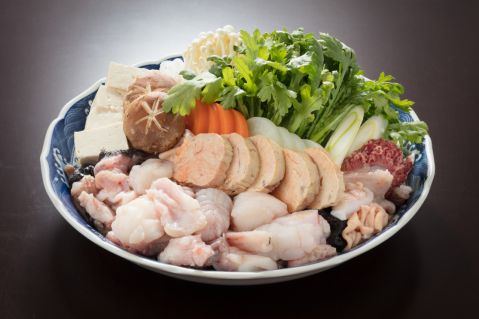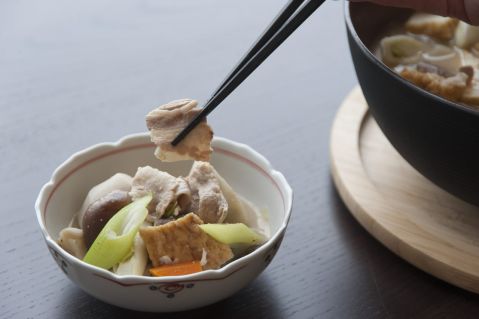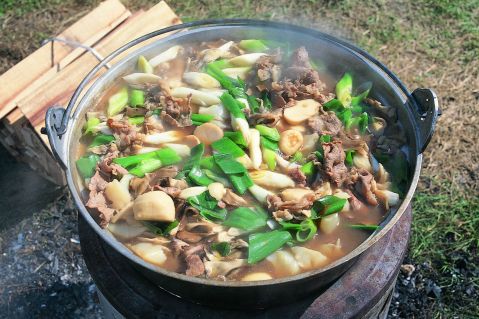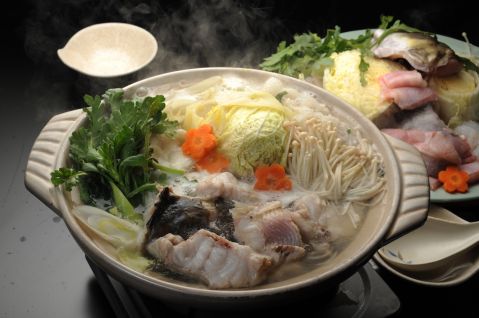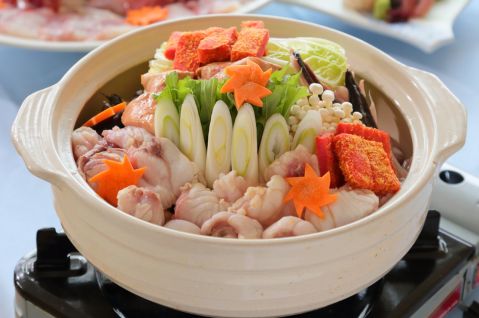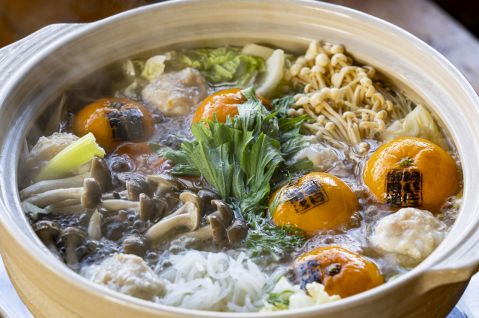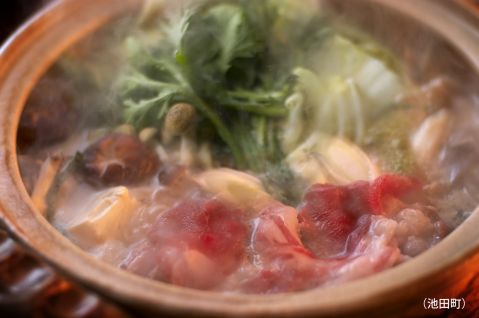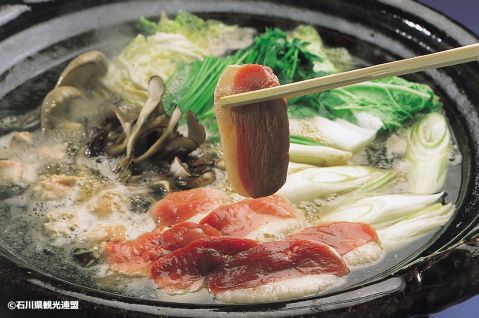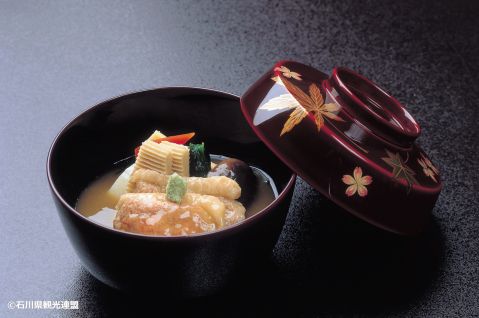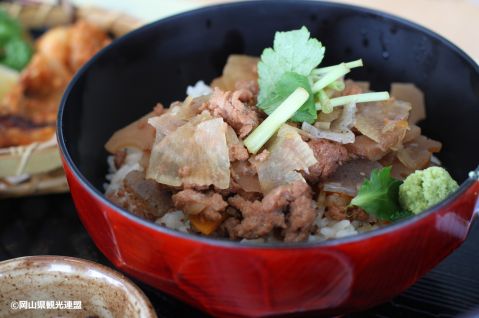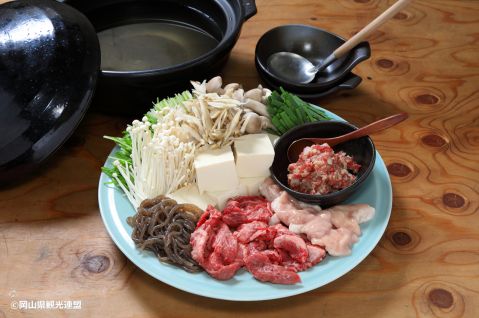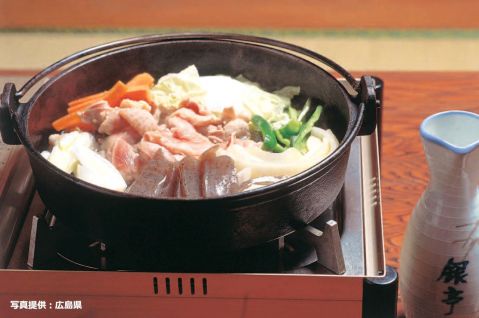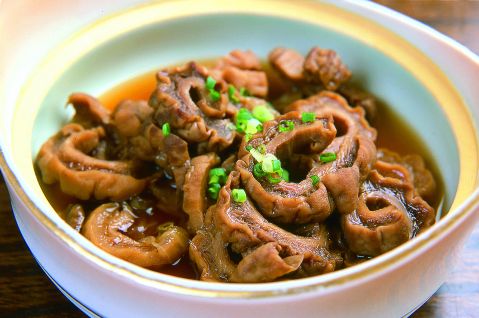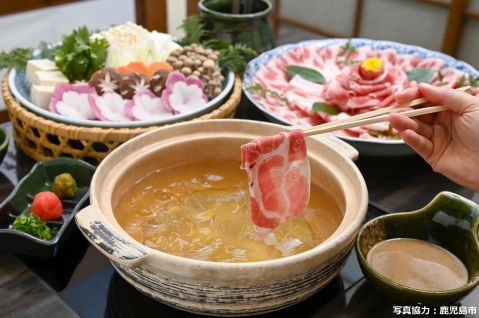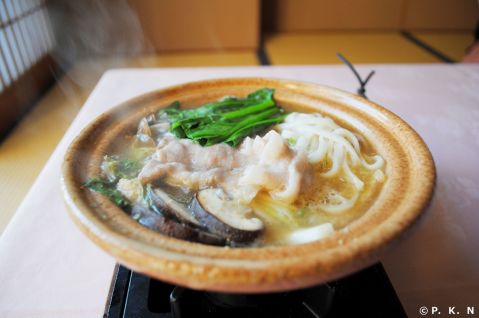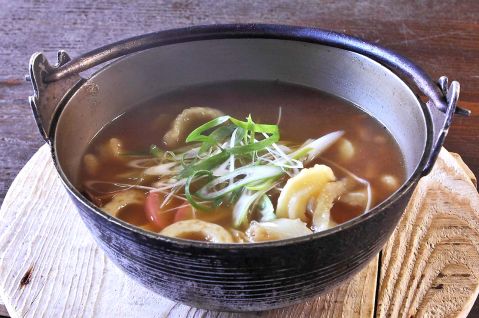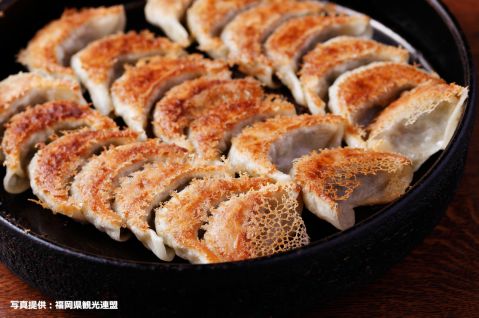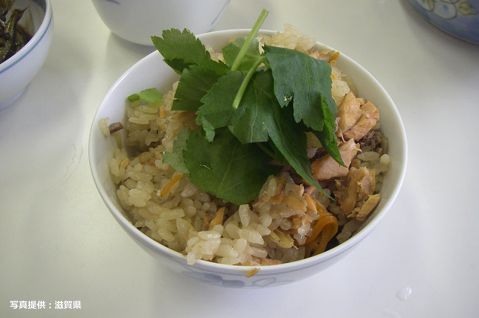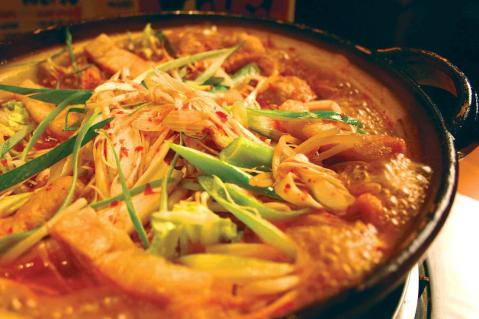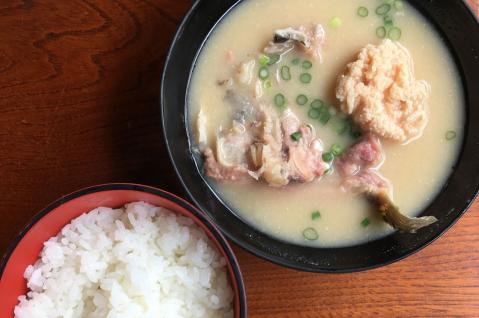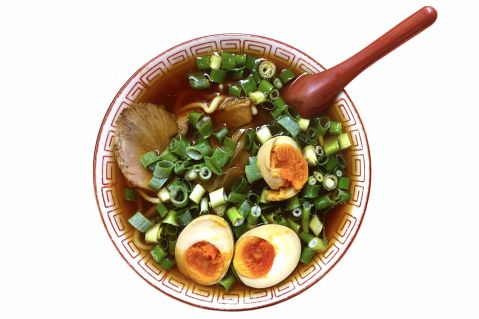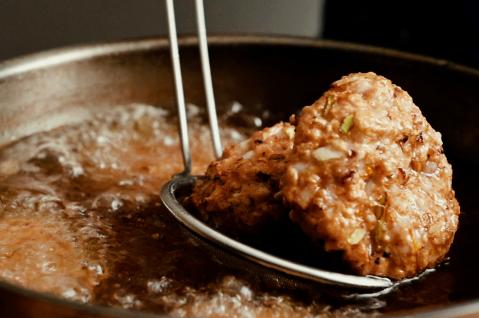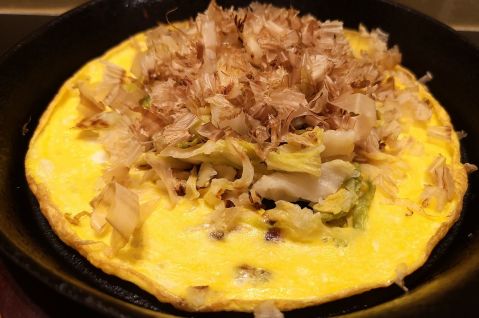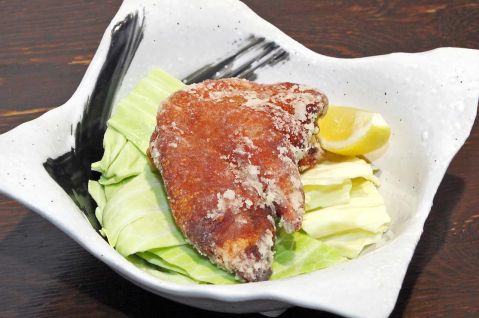Japanese Cuisine - Nabe dish
Cooking Classes in Japan
airKitchen allows travelers from all around the world to book and experience authentic cooking classes. Chose your best cooking class from 1000+ classes.
Anko Hot Pot
Anko Hot Pot (あんこう鍋, Ankō nabe) is a signature winter dish from Fukushima Prefecture, made with the various parts of anglerfish, a deep-sea delicacy. Known as a prized seaf...
Pork and Miso Flavored Imoni
Pork and Miso Flavored Imoni (豚肉と味噌味の芋煮, Butaniku to Miso Aji no Imoni) is a comforting hot pot dish from the Shonai region of Yamagata Prefecture, made by simmering ta...
Imoni (Yamagata Taro Soup)
Imoni (芋煮, Yamagata taro soup) is a quintessential hotpot dish from Yamagata Prefecture, enjoyed mainly during the autumn and winter seasons. This hearty dish features key ing...
Babachan Hot Pot
Babachan Hot Pot (ばばちゃん鍋, Babachan nabe) is a beloved local dish from Iwami Town in Tottori Prefecture, featuring a deep-sea fish called *tanakagenge*. Affectionately nick...
Anglerfish Hotpot
Hamada City in Shimane Prefecture is renowned as Japan's second-largest producer of anglerfish. This fish’s tender white meat is highly nutritious, and its entire body is edible...
Mikan Nabe (Citrus Hot Pot)
Mikan Nabe (みかん鍋, Mikan Hot Pot) is a unique local dish combining the fresh seafood and the famous mandarin oranges (mikan) of Suo-Oshima, an island that produces 80% of Yam...
Botan Nabe
Botan Nabe (ぼたん鍋) is a hearty hot pot dish made by simmering wild boar meat and vegetables in a savory miso-based broth. Its name is said to come from the way the thinly ...
Kamo Nabe (Duck Hot Pot)
Kamo Nabe (鴨鍋, Duck Hot Pot) is a traditional dish that showcases the exceptional taste of wild duck, a specialty of Ishikawa Prefecture, which has long been one of Japan’s ma...
Sailor’s Jabujabu
Sailor’s Jabujabu (水夫のじゃぶじゃぶ) is a local dish from the Ushimado area, believed to have originated as a meal for ship captains long ago. This warming dish features mince...
Sozuri Nabe
Sozuri Nabe (そずり鍋, Sozuri nabe) is a traditional hot pot dish cherished for generations in Tsuyama City, Okayama Prefecture. Its hallmark ingredient is "sozuri meat," which ...
Bishu Nabe
Bishu Nabe (美酒鍋, Bishu nabe) is a signature dish from Saijo, known as the "Sake Capital." This unique hot pot features pork, chicken, and fresh vegetables cooked with just sa...
Gonguri-ni
Gonguri-ni (ごんぐり煮) is a traditional home-style dish from Nichinan City, Miyazaki Prefecture, where fishing is a thriving industry. The term "gonguri" refers to the stomach ...
Kurobuta Shabu-Shabu
Kurobuta Shabu-Shabu (黒豚しゃぶしゃぶ) is a traditional dish from Kagoshima Prefecture, featuring thinly sliced "Kagoshima Kurobuta" pork, a renowned local breed. Slices are de...
Bokke Nabe
In Kagoshima Prefecture, the word "bokke" means "bold" or "hearty," evoking images of historical figures like Saigo Takamori. Kirishima, famously known as the "Land of Heavenly ...

